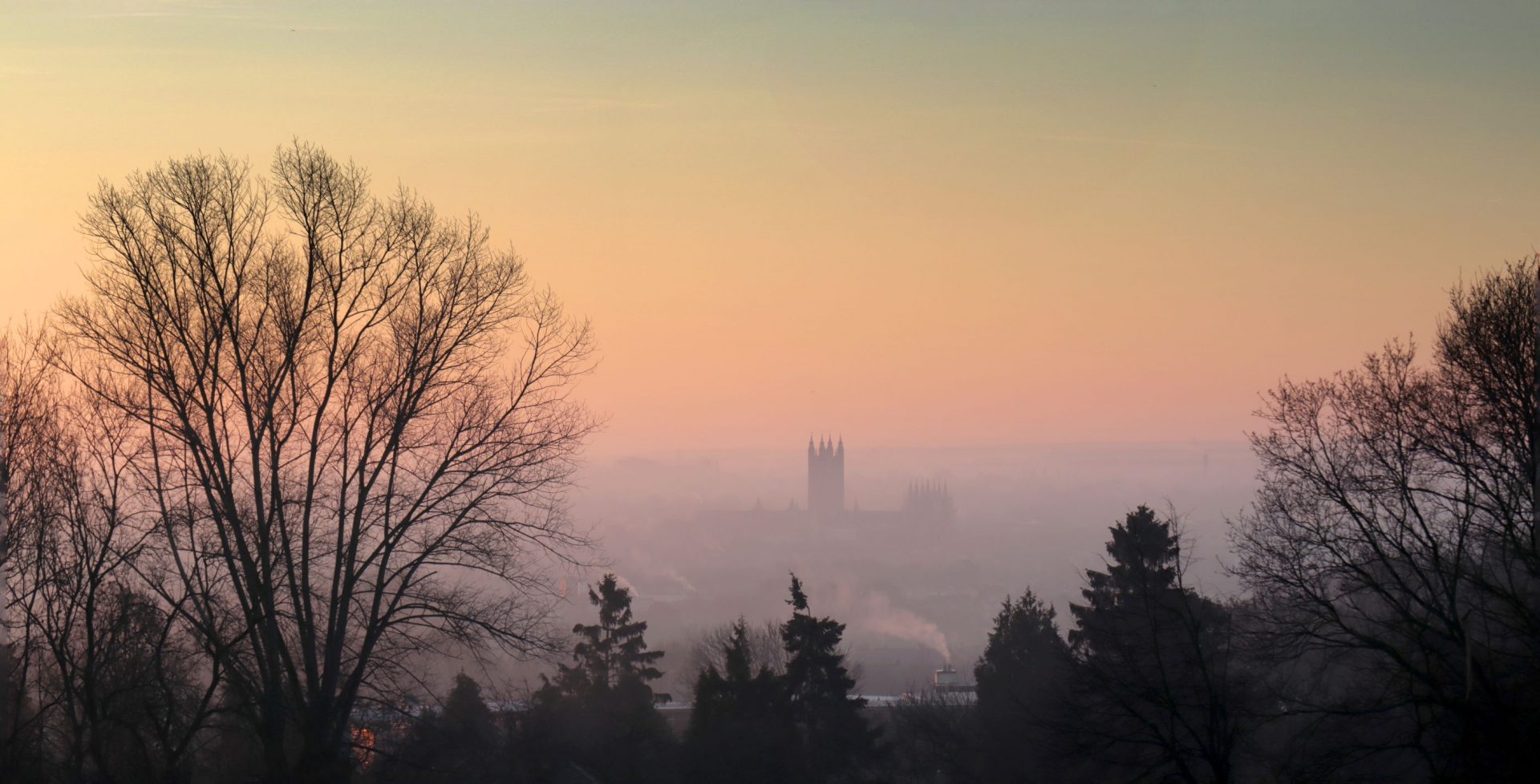This page records Research Resources and Centre publications from its foundation in September 2020, for previous publications see individual member webpages for their research work.
Publications
- Henrik Schoenefeldt, ‘Architecture as discernment: a reflection on the rebuilding of Coventry Cathedral, 1940-62’, Theology September 2023, Volume 125, Issue 5.
- Robin Gill, ‘The Archbishops of Canterbury and their Advisors: A Personal Retrospect’, Ecclesiology, from the Reading Group event 1 February 2021.
- William Temple 80th Anniversary of Christianity and Social Order, Special Issue, Theology July 2022, from the 12th March 2022 conference.
- Stacey Rand, ‘Exploring theological perspectives on adult social care’ Theology May 2022, Volume 125, Issue 3.
Research resources
Lambeth Palace Library: www.lambethpalacelibrary.org/
Church of England Record Society: www.coers.org/
Ecclesiological Society: ecclsoc.org/
Ecclesiastical History Society: ecclesiasticalhistorysociety.com/
Canterbury Cathedral Archives & Library: www.canterbury-cathedral.org/heritage/archives-library/
Rochester Cathedral Library: www.rochestercathedral.org/library
Clergy of the Church of England Database 1540-1835: theclergydatabase.org.uk/c
Churchwardens’ Accounts Database c. 1300-1850: warwick.ac.uk/fac/arts/history/research/parishnetwork/projects/cwad/
Warwick Network for Parish Research: warwick.ac.uk/fac/arts/history/research/parishnetwork/
Oxford Centre for Methodism and Church History: www.brookes.ac.uk/hpc/research/religion/
The Michael Ramsey Centre for Anglican Studies: www.durham.ac.uk/research/institutes-and-centres/michael-ramsey-centre/
The Centre for the Study of Christianity and Culture, University of York: www.christianityandculture.org.uk/
